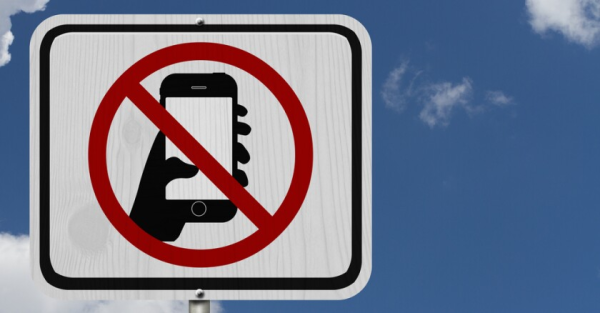Are Students Disrespectful to Teachers?
Respect for elders has always been vital to society. From the Greeks and Romans in Europe to the Chinese and Japanese in Asia, respecting authority has played a major role forever. Many populations have shared views on authority:
Romans 13:1-2 in the Holy Bible states:
“Let every soul be subject to the governing authorities. For there is no authority except from God, and the authorities that exist are appointed by God. Therefore whoever resists the authority resists the ordinance of God, and those who resist will bring judgment on themselves.”
Even famous philosophers from history have input on the situation. Socrates, the highly influential Greek philosopher mentioned:
“The children now love luxury; they have bad manners, contempt for authority; they show disrespect for elders and love chatter in place of exercise. Children are now tyrants, not the servants of their households. They no longer rise when elders enter the room.”
These quotes demonstrate how pious, respected mandates were spelled out in religious scriptures. After reading Socrates, one must wonder: Did children EVER honor requests from elders, and typically display moral conduct at school and workplaces?
Nowadays, people intentionally break and disrespect rules. Especially in schools, students love to disrespect teachers; they disobey the teachers’ rules, disrupt the classroom, or speak back with informal speech and language.
When I see students act like this, it makes me upset: yes, I have talked in class before, but I have never rebelled against any teacher, gone on my phone in class, or spoken frankly with them.. I wanted to discover the root of this issue, and I decided to ask some students and faculty on their take.
Ms. Corson, an English teacher her at Bethpage High School, had a different idea about kids today.
“To be honest, I feel very lucky to teach at Bethpage High School. [I think that] the students are generally quite respectful of the teachers’ authority,” she claimed.
On the topic of “buddy-buddy” students, she said, “[Bethpage] has a very warm and friendly atmosphere….and that is a good thing, but I think that students must always remember both teachers and students are here to work, and so the atmosphere can certainly be friendly but it must also remain professional.”
She personally has not, “…had many experiences with students showing [her] a lack of respect for authority, [and that she] believe[s] students occasionally behave that way for a variety of reasons, from having a bad day to not thinking before they speak.”
This reveals that not all teachers have a negative reaction to this behavior, and that when it occurs, it is okay as long as it does not get out of hand.
Mr. Malossi had a different experience in school. He said this: “When I was in high school, teachers were much older, in their late 40s and 50s. You did not feel a connection. Now teachers tend to be a bit younger, almost around the age of some students’ brothers and sisters, so they have fewer boundaries. They have to learn how to act.”
This statement is true for a variety of reasons. Current teachers in their 20s and 30s, are relatively close in age to older brothers or sisters students may have, which many do. This creates an environment in which students will think that anyone who is in their 20s and 30s is like a sibling, so they bend rules and break boundaries.
These responses from veteran teachers showed me that each teacher has their own experience with the problem. While some teachers say that it is OK, and manageable, some teachers have let things get out of control.
Many teachers let students walk all over them. Some students call teachers nicknames and not Mr. or Mrs. Kids will talk with teachers too informally, often disrupting the classroom. Kids often say comments that are not appropriate to say to a teacher, and will sometimes poke them and joke with them like they are pals. I feel that some teachers have too much of a buddy relationship, and that it has gotten out of hand. Some teachers that have been here a while now have let this culture of disrespect grow, and it is too late to stop it.
Teachers should perhaps try to enforce rules and boundaries better. While teachers can stay friendly and have conversations with students, they need to still be serious and strict, and not let disrespect be tolerated. If teachers can do this, then they can cultivate a culture of respect and discipline among future generations. This disrespect needs to stop;we can all help this new culture prosper.
Enjoy your day, and drink a glass of water.










